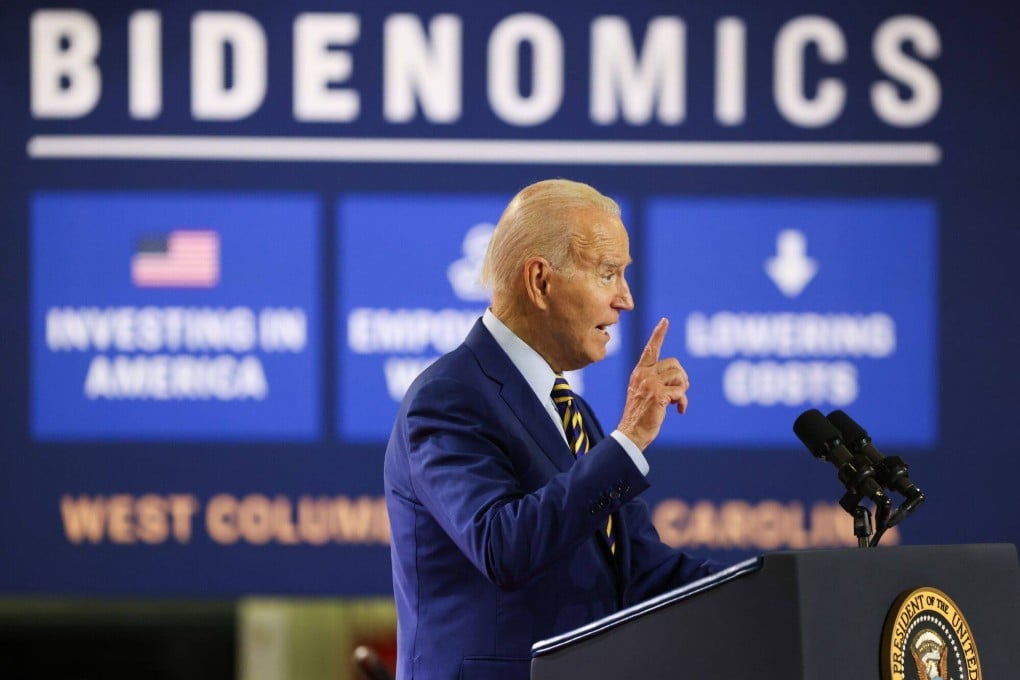Outside In | Shining a light on the dark forces of industrial policies
- With industrial policy interventions growing, the transparency provided by a new global tracker will enable organisations like the IMF and WTO to distinguish between the good and bad

Outside trade policy wonk circles, the name of Simon Evenett, professor of international trade and economic development at the University of St Gallen in Switzerland, probably means very little.
This month, Evenett has launched – with support from and in collaboration with the IMF – a new database built on the foundations of the trade alert to provide a glimpse into the dark and unfathomed world of government industrial policies.
It responds to rising concern about the scale and scope of such policies as they evolve from the protection of infant industries in the poor and developing world.
Western free-market economies have traditionally been disdainful of industrial policies, and the subsidies and state enterprises embedded in them. Western economists have generally been confident that government officials are unable to drive competitiveness and innovation the way the free market can, and that subsidies amount to a deadweight taxpayer cost that inhibit innovation, preserving inefficient behemoths and crony capitalists at the expense of nimble new enterprises.

